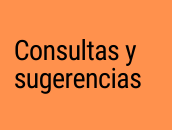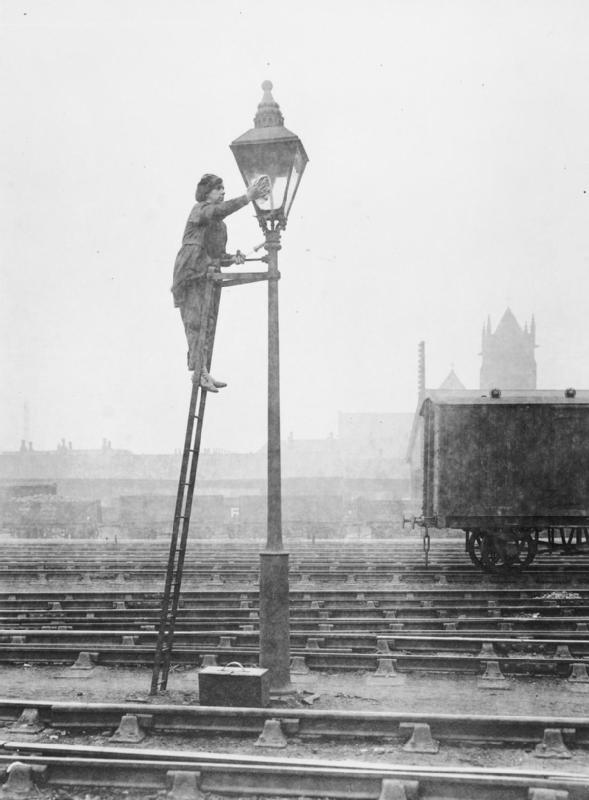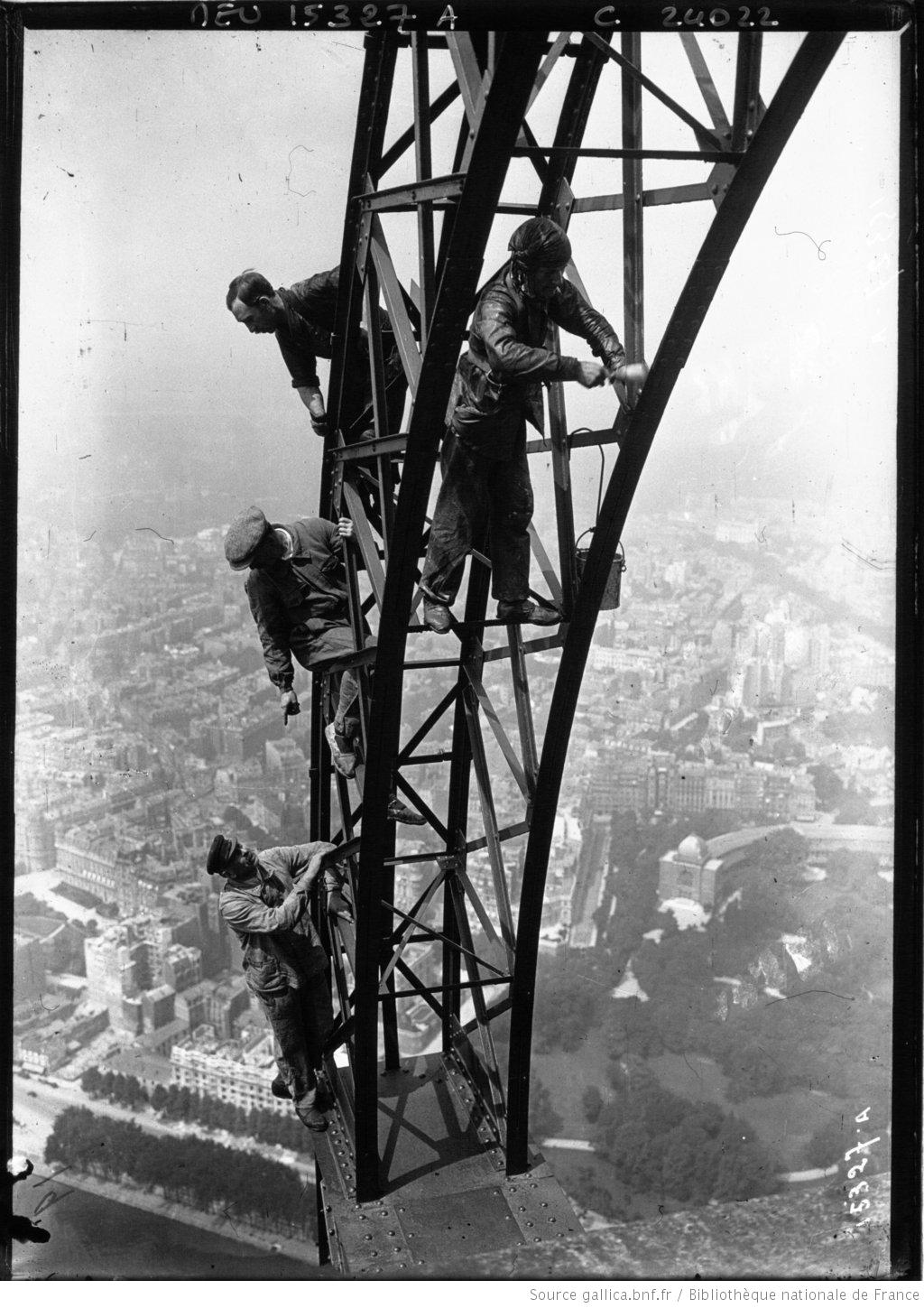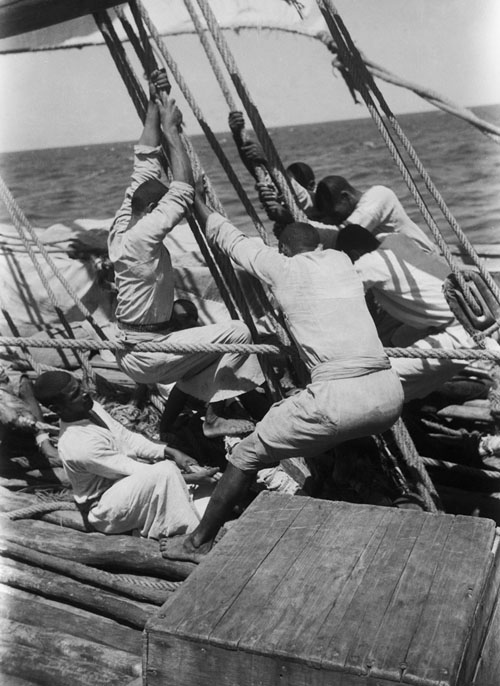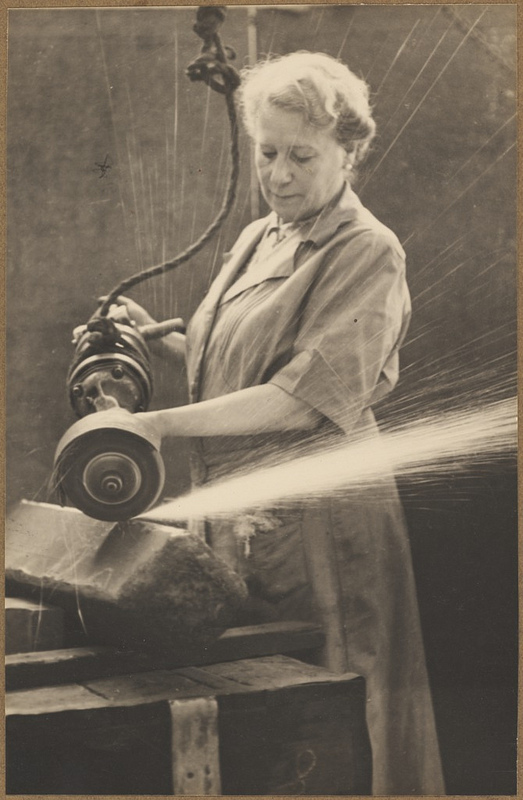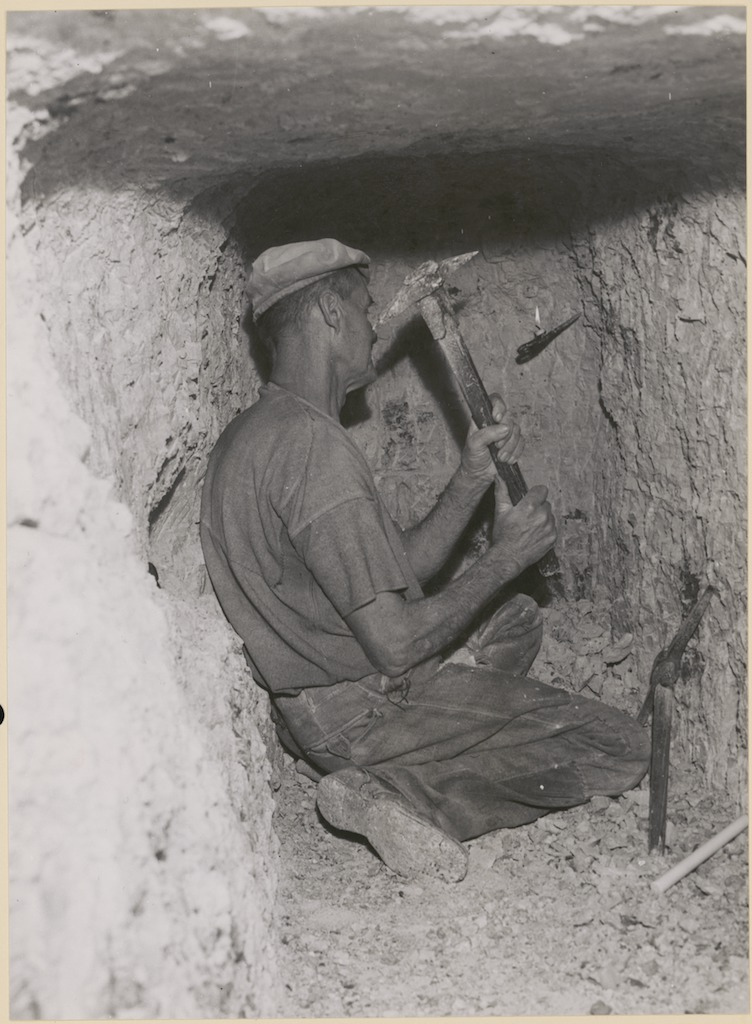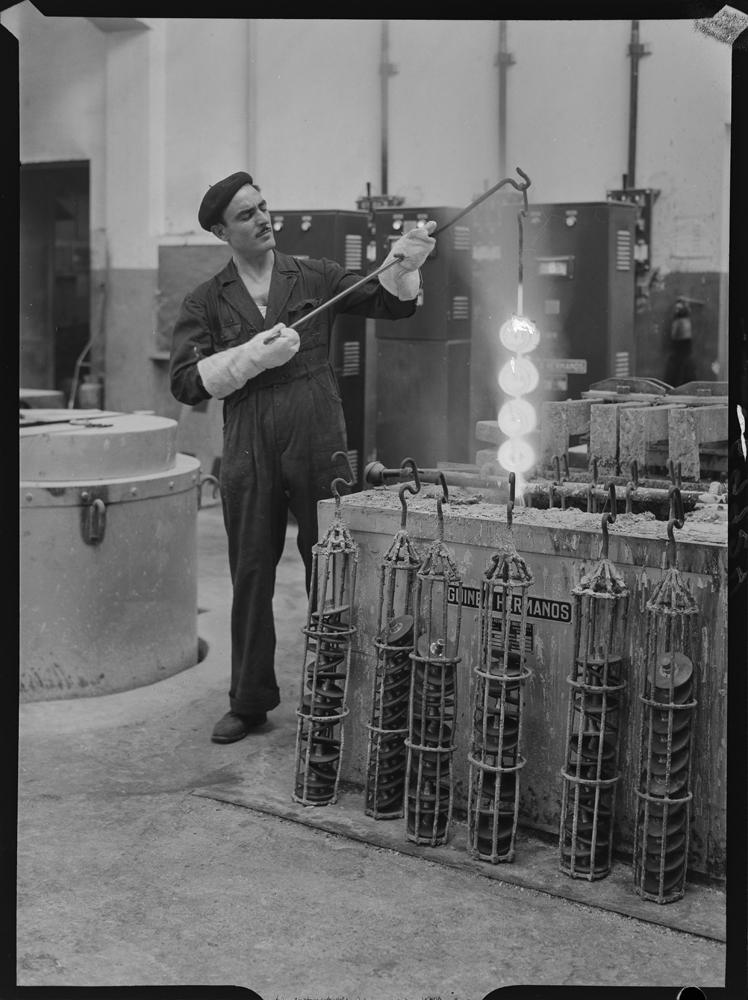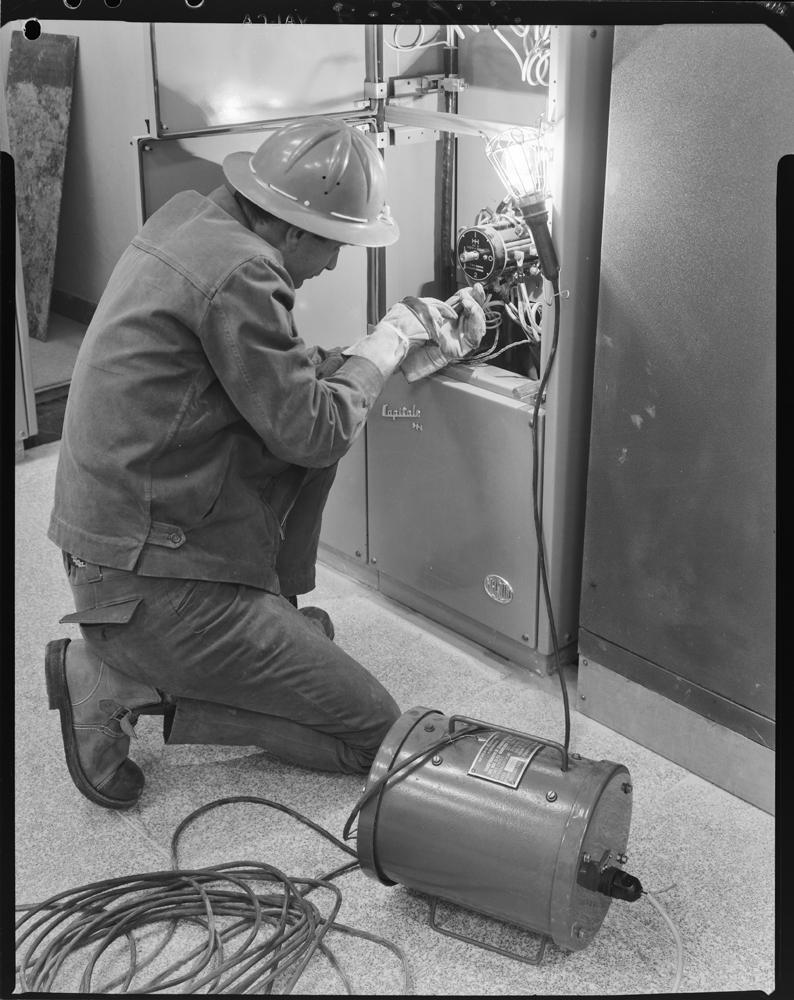FUNDACIÓN EUROPEA PARA LA MEJORA DE LAS CONDICIONES DE VIDA Y DE TRABAJO (Eurofound) (2014). Developments in collectively agreed working time 2013 - INVASSAT
Atrás FUNDACIÓN EUROPEA PARA LA MEJORA DE LAS CONDICIONES DE VIDA Y DE TRABAJO (Eurofound) (2014). Developments in collectively agreed working time 2013
FUNDACIÓN EUROPEA PARA LA MEJORA DE LAS CONDICIONES DE VIDA Y DE TRABAJO (Eurofound) (2014). Developments in collectively agreed working time 2013
FUNDACIÓN EUROPEA PARA LA MEJORA DE LAS CONDICIONES DE VIDA Y DE TRABAJO (Eurofound). Developments in collectively agreed working time 2013. [online]. Dublin: European Foundation for the Improvement of Living and Working Conditions, 2014. 28 p. [Consulta 26.06.2014]. (EF/14/30).
En 2013 la duración media del tiempo de trabajo acordado en negociación colectiva enla UE fue de 38,1 horas, como en 2012. En los estados de la UE-15 la jornada semanal fue 30 minutos más corta que la media, mientras que en los países que se incorporaron en las últimas ampliaciones se extiende durante 90 minutos más. Si el tiempo de trabajo anual acordado es, en promedio, de 1.712 horas, en el primer grupo está en 1.616 y en 1.819 entre los segundos. Entre los tres sectores analizados (administración pública, químico y comercio minorista) el que tiene un promedio más corto es el de la Administración con 38 horas, si bien supone un incremento de 0.2 horas respecto de 2012. En cuanto a las vacaciones, los acuerdos colectivos situaron en promedio en 25,4 días anuales (26,7 en UE-15 y 20,8 entre los últimos estados incorporados).
En 2013 la duració mitjana del temps de treball acordat en negociació col·lectiva en la UE va ser de 38,1 hores, com en 2012. En els estats de la UE-15 la jornada setmanal va ser 30 minuts més curta que la mitjana, mentres que en els països que es van incorporar en les últimes ampliacions s'allarga durant 90 minuts més. Si el temps de treball anual acordat és, com a mitjana, de 1.712 hores, en el primer grup està en 1.616 i en 1.819 entre els segons. Entre els tres sectors analitzats (administració pública, químic i comerç detallista) el que té un mitjana més curta és el de l'Administració amb 38 hores, si bé suposa un increment de 0,2 hores respecte de 2012. Quant a les vacances, els acords col·lectius van situar com a mitjana en 25,4 dies anuals (26,7 en UE-15 i 20,8 entre els últims estats incorporats).
In 2013, the average collective agreed weekly working time in the European Union was 38.1 hours, the same as in 2012. However, the working week was, on average, 30 minutes shorter in the pre-2004 EU15 Member States, and more than 90 minutes longer in the more recent Member States. If the collectively agreed normal annual working time is taken as the pattern, in 2013, full-time workers in the EU will have worked, on average, nearly 1,712 hours (1,676 hours in the EU15 and 1,819 hours in the recent Member States). Of the three sectors examined, the civil service sector recorded the shortest average agreed normal working week at 38 hours – although this represents an increase of 0.2 hours compared with 2012. In the chemicals sector and in retail trade, the average agreed working times were 38.1 and 38.3 hours, respectively, both representing an increase of 0.1 hours compared with 2012. Collectively agreed paid annual leave entitlements stood at 25.4 days across the EU. These were slightly higher in the EU15 countries (26.8 days) and considerably lower in the more recent Member States (20.8 days).
En 2013 la duración media del tiempo de trabajo acordado en negociación colectiva enla UE fue de 38,1 horas, como en 2012. En los estados de la UE-15 la jornada semanal fue 30 minutos más corta que la media, mientras que en los países que se incorporaron en las últimas ampliaciones se extiende durante 90 minutos más. Si el tiempo de trabajo anual acordado es, en promedio, de 1.712 horas, en el primer grupo está en 1.616 y en 1.819 entre los segundos. Entre los tres sectores analizados (administración pública, químico y comercio minorista) el que tiene un promedio más corto es el de la Administración con 38 horas, si bien supone un incremento de 0.2 horas respecto de 2012. En cuanto a las vacaciones, los acuerdos colectivos situaron en promedio en 25,4 días anuales (26,7 en UE-15 y 20,8 entre los últimos estados incorporados).
En 2013 la duració mitjana del temps de treball acordat en negociació col·lectiva en la UE va ser de 38,1 hores, com en 2012. En els estats de la UE-15 la jornada setmanal va ser 30 minuts més curta que la mitjana, mentres que en els països que es van incorporar en les últimes ampliacions s'allarga durant 90 minuts més. Si el temps de treball anual acordat és, com a mitjana, de 1.712 hores, en el primer grup està en 1.616 i en 1.819 entre els segons. Entre els tres sectors analitzats (administració pública, químic i comerç detallista) el que té un mitjana més curta és el de l'Administració amb 38 hores, si bé suposa un increment de 0,2 hores respecte de 2012. Quant a les vacances, els acords col·lectius van situar com a mitjana en 25,4 dies anuals (26,7 en UE-15 i 20,8 entre els últims estats incorporats).
In 2013, the average collective agreed weekly working time in the European Union was 38.1 hours, the same as in 2012. However, the working week was, on average, 30 minutes shorter in the pre-2004 EU15 Member States, and more than 90 minutes longer in the more recent Member States. If the collectively agreed normal annual working time is taken as the pattern, in 2013, full-time workers in the EU will have worked, on average, nearly 1,712 hours (1,676 hours in the EU15 and 1,819 hours in the recent Member States). Of the three sectors examined, the civil service sector recorded the shortest average agreed normal working week at 38 hours – although this represents an increase of 0.2 hours compared with 2012. In the chemicals sector and in retail trade, the average agreed working times were 38.1 and 38.3 hours, respectively, both representing an increase of 0.1 hours compared with 2012. Collectively agreed paid annual leave entitlements stood at 25.4 days across the EU. These were slightly higher in the EU15 countries (26.8 days) and considerably lower in the more recent Member States (20.8 days).

